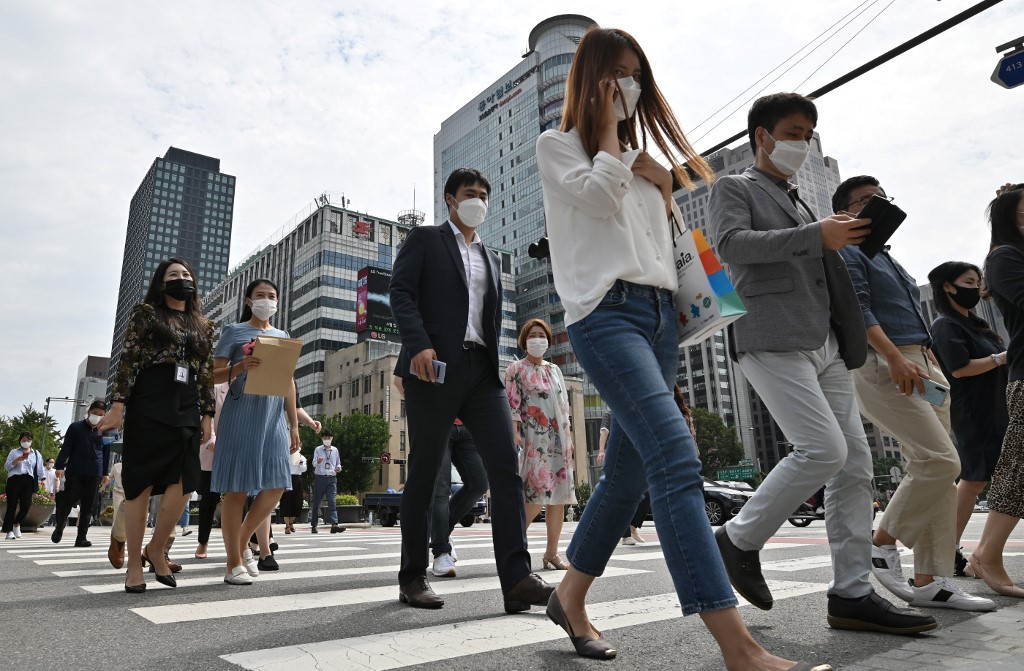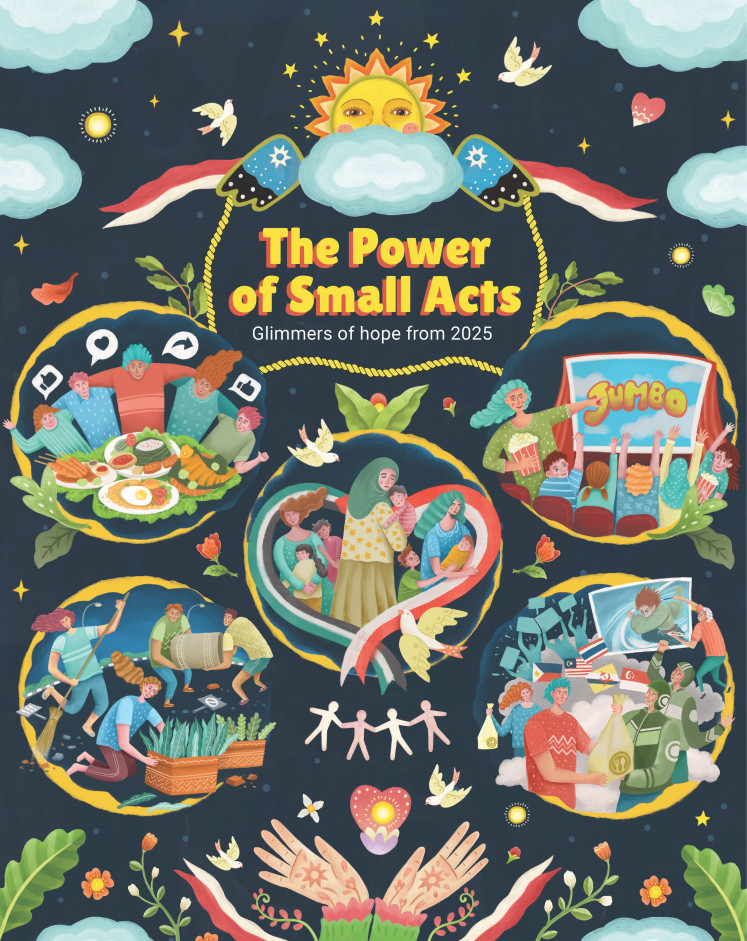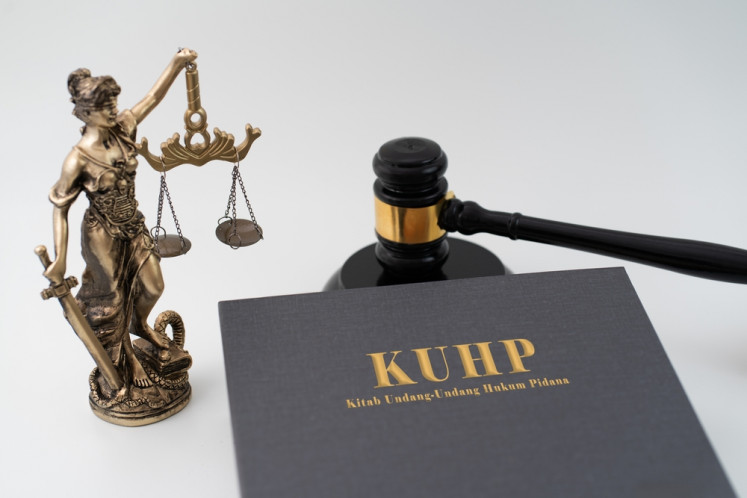Popular Reads
Top Results
Can't find what you're looking for?
View all search resultsPopular Reads
Top Results
Can't find what you're looking for?
View all search resultsStudy finds unclear virus guidance may prompt selfishness
Far from bringing about a new era of social solidarity, often-changing and unclear guidance around the coronavirus may push people to act more selfishly.
Change text size
Gift Premium Articles
to Anyone
F
ar from bringing about a new era of social solidarity, often-changing and unclear guidance around the coronavirus may push people to act more selfishly, researchers said Tuesday.
Danish and Swedish investigators found that unclear expectations will prompt most people to take the easiest option -- whether the choice before them is over rounding a tip at a restaurant up or down or respecting virus recommendations.
"As uncertainty of expectations arises, we are more likely to keep as much as possible for ourselves and be stingy rather than generous," Toke Fosgaard, a professor at the University of Copenhagen and co-author of the study, said in a statement.
When participants in the 286-person study were given 100 Danish kronor ($16, 13.44 euros) to share with a partner, more opted to split it down the middle when told that was the norm.
By contrast, "the vast majority" kept most of the money for themselves when told they could decide freely how to split it -- and that their partner would not find out the original amount.
"When there is a clear expectation of what to do in a given situation, people comply with the norm," Fosgaard said, while "if people are uncertain about which guidelines apply, most will opt to do as they please."
Read also: Which face mask should I wear?
Selfish behavior is amplified when "an individual is alone -- that is, removed from the judgemental eyes of others."
The researchers suggested their findings may also predict how closely people adhere to health recommendations during the pandemic.
"For example, one might skip an extra hand wash at home, relax with the cleaning or host many different groups of friends," Fosgaard said.
Or with guidance unclear about how long face masks should be worn, it could be that "many would be tempted to extend usage, and thereby delay the purchase of new masks," he added.
Denmark has made the wearing of masks compulsory on public transport and in cabs, as in many other European countries.
But neighboring Sweden has instead placed the responsibility on its population to respect physical distancing, strict application of hygiene rules and self-isolation in case of symptoms.











